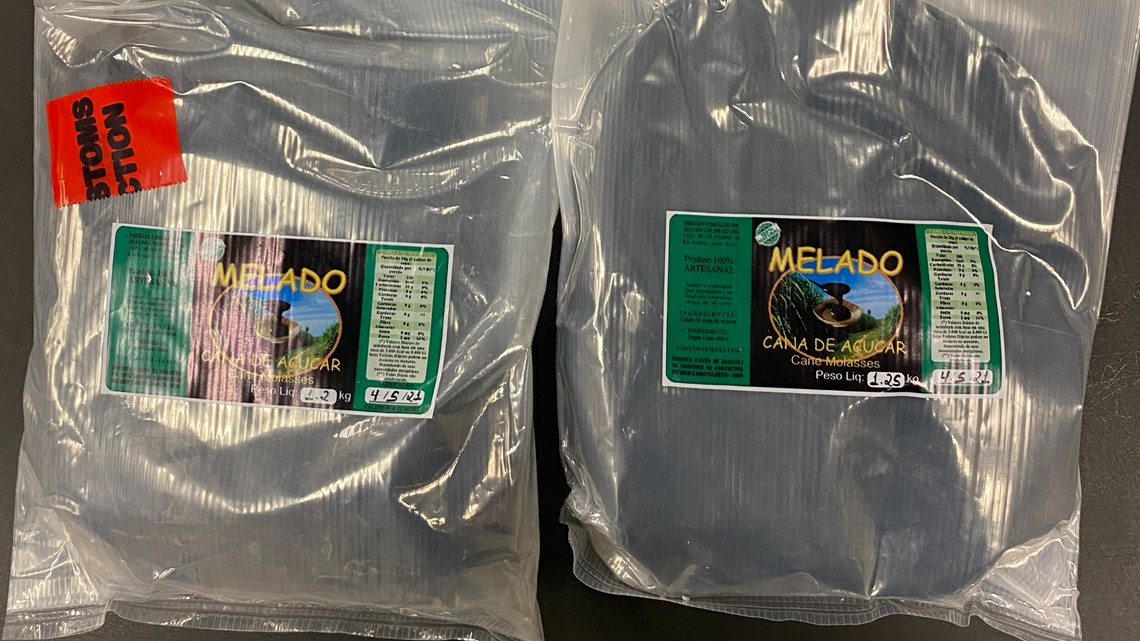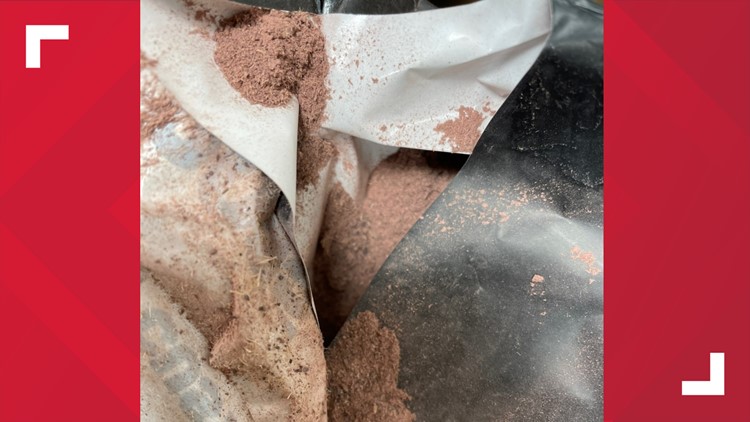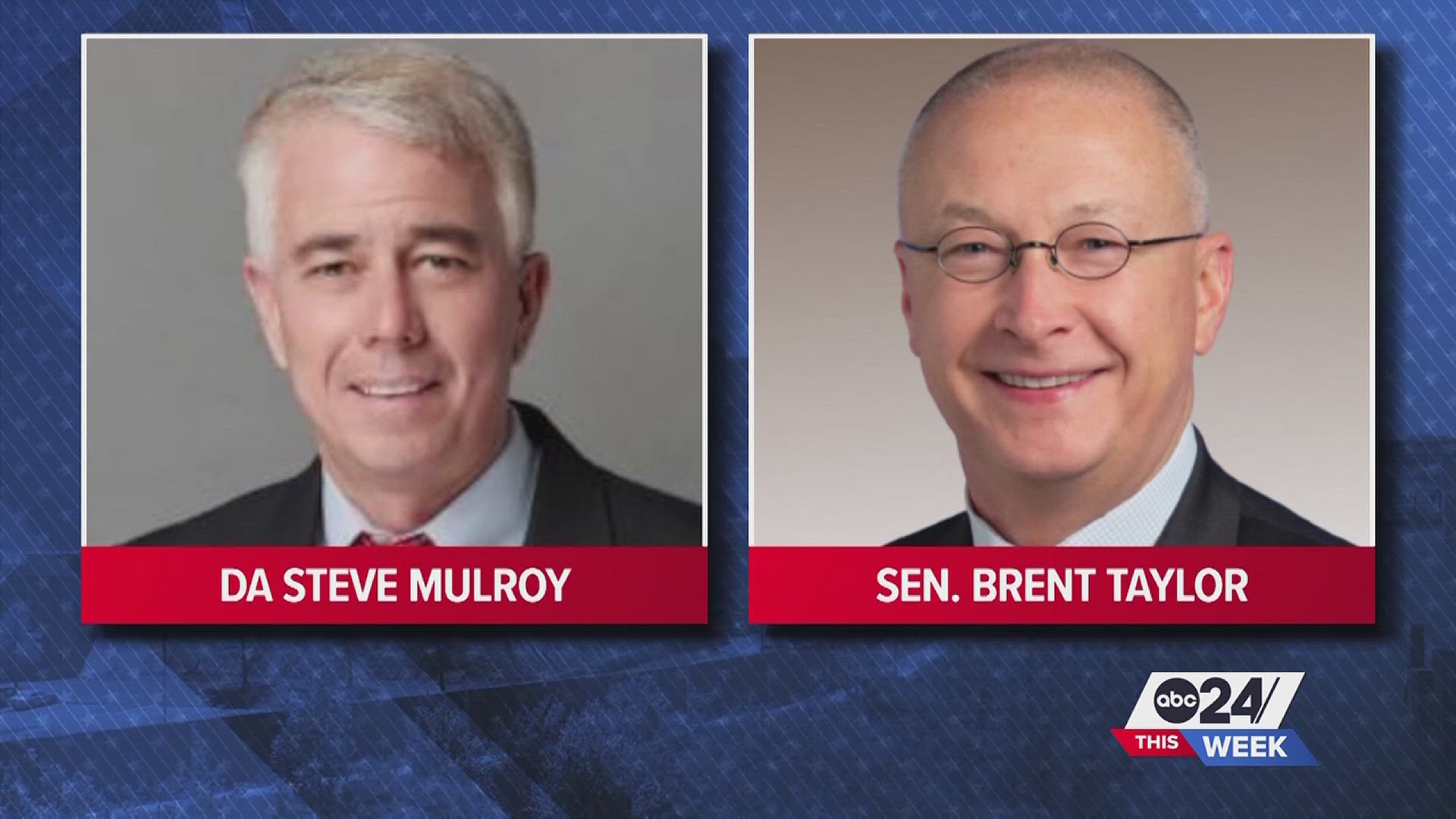MEMPHIS, Tenn — U.S. Customs and Border Protection (CBPOs) in Memphis have seized 635 lbs of Dimethyltryptamine (DMT) since the beginning of this fiscal year, which began October 2021. Memphis is on track to seize more than last fiscal year’s 865 lbs. 1,158 lbs were seized in fiscal Year 2020.
CBP Memphis said they've seized the highest amount of DMT in the Mid-South and Gulf Coast regions, attributing the city's major logistics centers like the FedEx World Hub as a means for dealers and traffickers to easily distribute their drugs.
"Express consignment allows the delivery of DMT containing bark to the front door of virtually anyone in the U.S.," said Michael Neipert, Memphis Area Port Director. "Couple that with some online extraction instructions, the recommendation of a popular podcaster, and you’ve got the ingredients for possible chemically-induced schizophrenia."


Recreational DMT is used as a psychedelic drug similar to LSD or Psilocybin mushrooms, though it has a more rapid onset and a much shorter duration.
DMT is found in bark, pods, roots and beans of multiple species of plants worldwide. Mimosa tenuiflora, known as Tepezcohuite is one of the most common. It is grown as far north as southern Mexico (Oaxaca and Chiapas), as well as El Salvador, Honduras, Panama, Colombia and Venezuela.
DMT has some legal, commercialized medical uses and has been prepared by various cultures for ritual/religious purposes for hundreds of years. However, the internet and popular culture have made DMT more popular and accessible.
"My officers enforce U.S. drug, environmental, and trade laws, and no matter how safe some website tells you something is, if it is illegal, it is not coming in," said Neipert.
The top two shipping countries for DMT are Mexico and Brazil.



